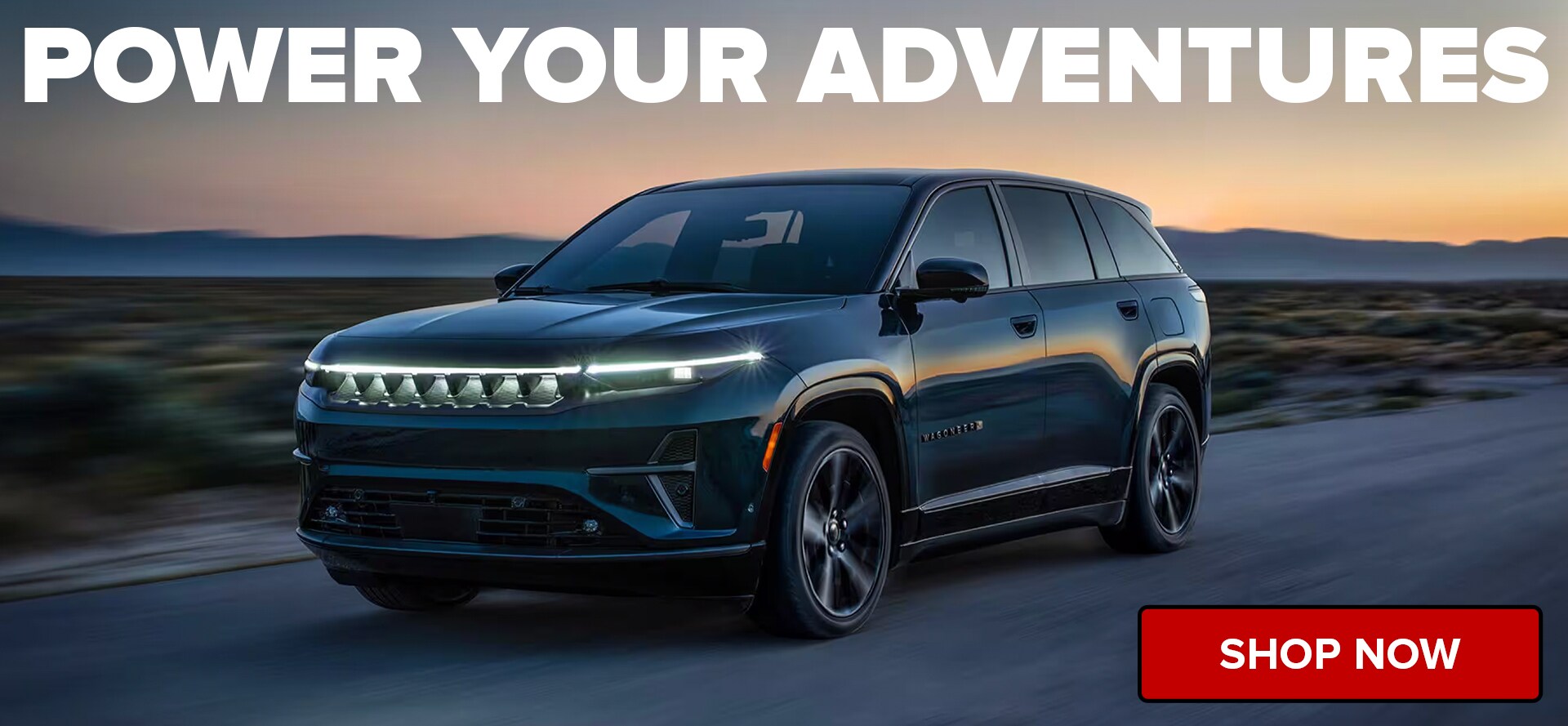
Hybrid vs. Gas Cars
Hybrid vs. Gas Cars: Which is Right for You?
You've saved and saved, and it's finally time. You're ready to buy a new car! Whether you're still heavily researching or inching closer to the finish line, there is much to consider as you journey into new car ownership. For starters, the model, trim level, and exterior and interior features will all play a massive role in your decision-making process, but what about the fuel type? Choosing between a hybrid vs. gas car will impact every aspect of your adventures, starting with the kind of car you drive and how often you have to fuel up while exploring. Hybrid vehicles are known for fuel efficiency, green driving habits, and energy-saving capabilities. Beaver County Dodge Chrysler Jeep Ram wishes to streamline your shopping experience with us as you determine the best vehicle for your family, lifestyle, and budget. Join us to discover the pros and cons of hybrid vs. gas cars, and visit Beaver County DCJR today to schedule a test drive of a new or used hybrid vehicle for sale in Beaver Falls, PA.
Understanding How Hybrid Cars Work
Before diving into the main differences between hybrid and gas cars, it's essential to understand how hybrid cars work and why their powertrain setup is unlike their gas counterparts. Hybrid vehicles have electric and gas motors that can switch between the two drive types, given the driving conditions and distance traveling. Use the electric motor for short trips around town and effortlessly switch to the gas powertrain on longer journeys.
Hybrid cars use regenerative braking to save energy by capturing wasted energy during braking. This energy is then converted into electricity to help recharge the battery while traveling, simultaneously boosting fuel efficiency. Hybrid cars are an excellent alternative to gas-powered cars, helping you reduce your carbon footprint and fuel expenses.

How Gas-Powered Cars Work
Gas-powered cars feature internal combustion engines and run on standard gasoline alone. Cars that use gasoline typically have a spark-ignited internal combustion engine, where the fuel is injected into the combustion chamber and then combined with air. The spark plug ignites the mixture of air and fuel, causing the fuel to burn and create energy. Gas-powered cars are still the most common type of car on the road. However, hybrids are quickly catching up as drivers discover the benefits of their fuel-saving capabilities.
Are Hybrids Better Than Gas Cars?
To determine if hybrids are better than gas cars, let us compare the pros and cons of hybrids vs. gas cars and some of their benefits and advantages.
Advantages of Hybrid Cars: Why are Hybrid Cars Better
- Hybrid cars are environmentally friendly. Hybrid cars cause you to use less fuel and reduce the emissions from your vehicle.
- Hybrid cars are convenient. Most hybrid cars are not required to be plugged in, unlike full fledged electric vehicles.
- Hybrid cars last longer. Hybrid vehicles typically have a longer lifespan than gasoline-powered cars because they have two engines versus only one.

Advantages of Gas-Powered Cars: Why are Gas-Powered Cars Better
- More available options. Because gas-powered cars are still more common than hybrid vehicles, you will have more choices and customization options for gas-powered cars versus hybrids.
- Higher speeds. Gasoline-powered cars are still the go-to for car shoppers seeking quick acceleration and high speed.
Cons of Hybrid Cars
- Maintenance can be expensive. Routine maintenance can be costly to begin with, but in some cases, you may notice that your service visits are costing more than before. Hybrid cars require less maintenance overall, but when they need it, it can be more complex than their gas-powered counterparts.
- Lower speeds. Hybrid cars are slower than gas gas-powered vehicles. Hybrid cars have lower top speeds, and many also lack sports-tuned suspension systems.

Cons of Gas-Powered Cars
- Fluctuating gas prices. Gas prices are ever-changing, and you will always need to rely on gas when you drive a gas-powered car.
- Higher maintenance costs. Gas-powered cars require more maintenance than hybrid cars, adding extra expenses to your budget.
Find Your Perfect Fit
With many options to select from, which will you choose? Visit Beaver County DCJR to learn more about the efficiency of hybrid vs. gas cars.
* The advertised price does not include sales tax, vehicle registration fees, other fees required by law, finance charges and any documentation charges. A negotiable administration fee, up to $115, may be added to the price of the vehicle.
* Images, prices, and options shown, including vehicle color, trim, options, pricing and other specifications are subject to availability, incentive offerings, current pricing and credit worthiness.
